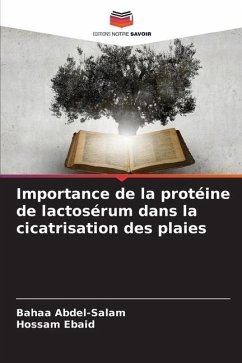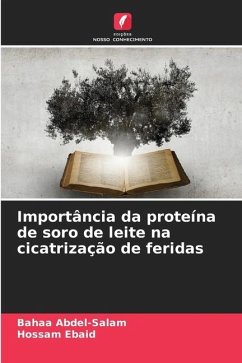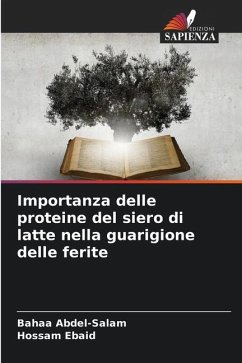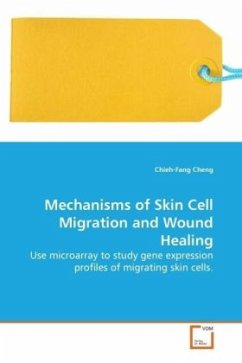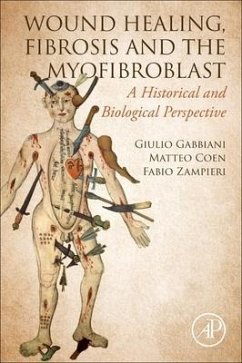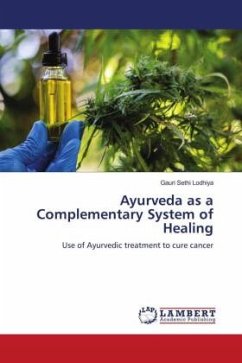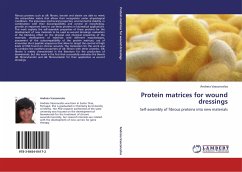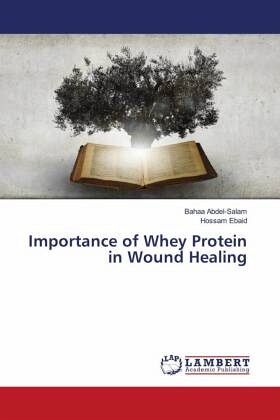
Importance of Whey Protein in Wound Healing
Versandkostenfrei!
Versandfertig in 6-10 Tagen
56,99 €
inkl. MwSt.

PAYBACK Punkte
28 °P sammeln!
Impaired diabetic wound healing occurs as a consequence of excessive reactive oxygen species (ROS) and inflammatory cytokine production. We previously found that whey protein (WP) was able to normally regulate the ROS and inflammatory cytokines during the inflammatory phase (first day) in streptozotocin (STZ)-diabetic wound healing. This study was designed to assess the effect of WP on metabolic status, the inflammation and anti-inflammation response, oxidative stress and the antioxidant defense system during different phases of the wound healing process in diabetic rats. WP at a dosage of 100...
Impaired diabetic wound healing occurs as a consequence of excessive reactive oxygen species (ROS) and inflammatory cytokine production. We previously found that whey protein (WP) was able to normally regulate the ROS and inflammatory cytokines during the inflammatory phase (first day) in streptozotocin (STZ)-diabetic wound healing. This study was designed to assess the effect of WP on metabolic status, the inflammation and anti-inflammation response, oxidative stress and the antioxidant defense system during different phases of the wound healing process in diabetic rats. WP at a dosage of 100 mg/kg of body weight, dissolved in 1% CMC, was orally administered daily to wounded normal (non-diabetic) and STZ-induced diabetic rats for 8 days starting from the 1st day after wounding.



